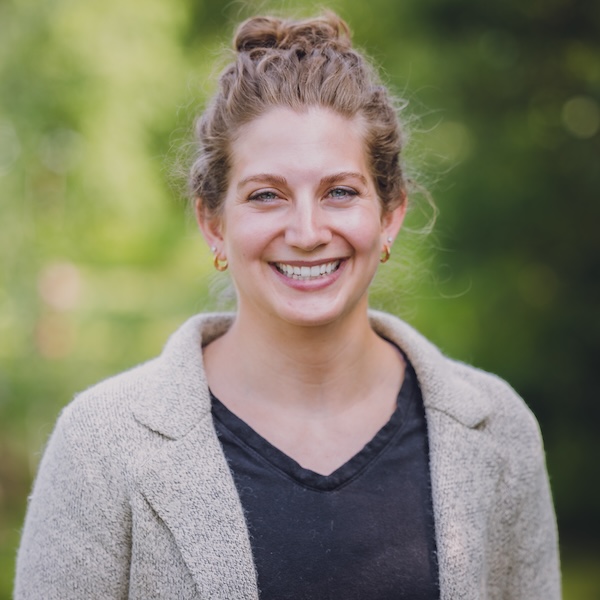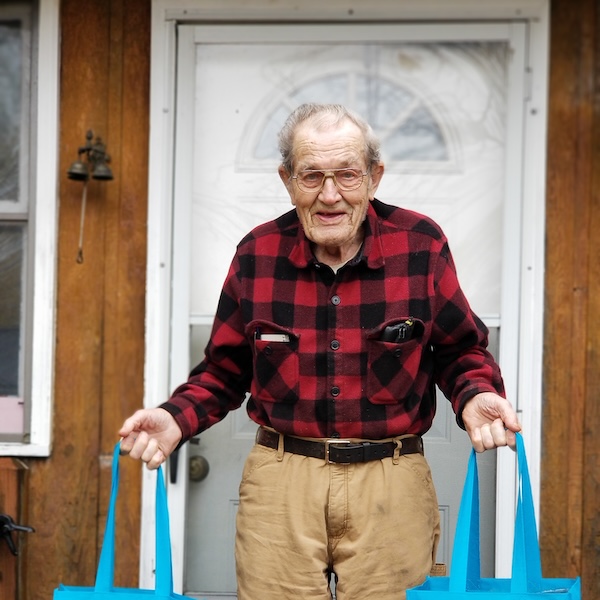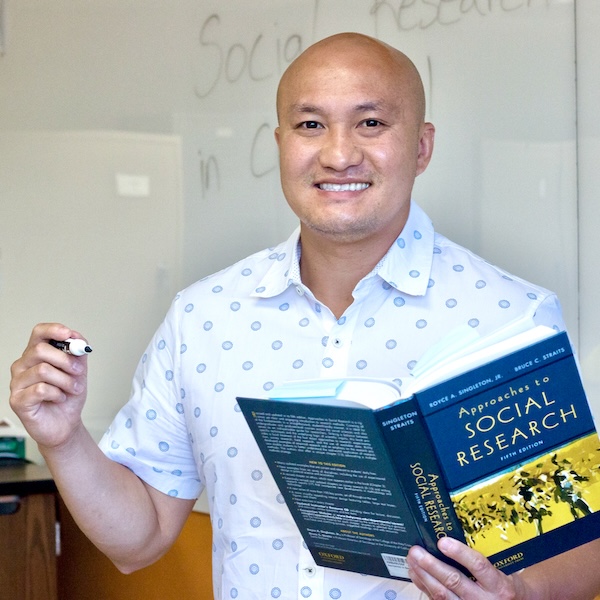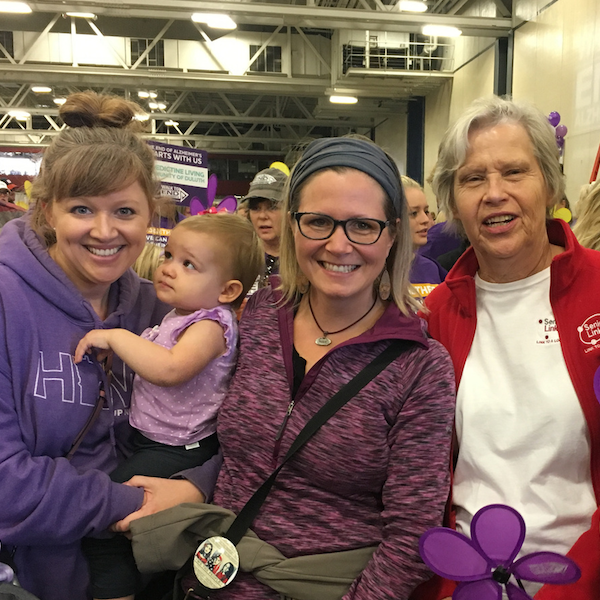Grants and Assistance
Find Funding to Support Your Work in Aging Services!
The Arrowhead Area Agency on Aging (AAAA) distributes roughly $2 million in funding to the region each year in the Arrowhead Region. Our Grant Management team works closely with the Finance department ensuring compliance both internally at ARDC/AAAA and externally with and for the region’s grantees. Grants are awarded under the Older American’s Act Title’s IIIB, IIIC, IIID and IIIE and occasionally other Federal, State and Foundation sources.
Contact our Grant Managers for More Information

Gina Marsalla
Contact Grants Manager Gina for more information

TITLE III GRANTS
All applications will be submitted via smartsimple.
Please go to smartsimple to apply!

Our Roll As Funding Administrator
Services provided by grantees meet a federal service definition (link here) under the Older Americans Act and each Title provides a specific category of services. Grant managers provide technical assistance on program development and coordination for these services. They assist grantees with compliance, budgets, program structure, business processes and economic impacts that affect day to day operations of our grantees.
Administration remains current with changing policies and governmental regulations, financial reports, data reports, supplies, payables and receivables, technology, contracts, and payroll.
Requests for Proposals are released on our website, in our newsletter, on Facebook and on our Basecamp site. If you are interested in signing up for notifications via our newsletter, email or basecamp site, please reach out with a request to aa******@**dc.org or call 218-722-5545.
Our Role In Grants Management
Title III Older Americans Act funds are awarded by the Arrowhead Area Agency on Aging through grants/contracts to local public and/or non-profit organizations to develop or expand services for older persons (60+) and their caregivers. Funds are to be used to expand the range of community-based programs and services designed to maintain the independence of older persons in a home environment, to fill gaps in existing services and to contribute to the development of a comprehensive and coordinated system of core services.

The Arrowhead Area Agency on Aging (AAAA) uses a competitive process to award federal Older Americans Act (OAA) funding to community-based provider partner organizations. To ensure equity in distribution, the AAAA uses a Review Task Force (RTF) comprised of community volunteers representing each county in the region. These volunteers read, review and score all applications and present their recommendations to the Advisory Committee on Aging (ACA). The ACA is a committee of the ARDC Board and Commission. It is comprised of representatives from each county in our region and advises the AAAA on community needs, strategic direction and administrative decisions. Once the ACA has approved funding amounts and heard recommendations, a full slate of funding awards is recommended to the ARDC Board for final approval. AAAA strives to work with these committees to distribute funding in each county reflective of the Intrastate Funding Formula and the regional demographics of each county.
Title III Older Americans Act 2024 Funded Projects
The AAAA is committed to helping older people maintain their highest level of independence by developing and coordinating community care, reducing isolation and improving access to services. This list includes a list of Older American’s Act funded services. The AAAA administers the Title III Federal Older Americans Act funds by awarding funding to local community providers to provide supportive services, transportation, caregiver support, health promotion and disease management, home delivered meals and congregate dining. For 2024, the AAAA has awarded grants to 18 agencies with Title III Federal Older Americans Act and other federal and state funds totaling over $2.8 million.
Regional and Local Dementia Grants
The Minnesota Board on Aging administers a competitive grant program focusing on Alzheimer’s disease and other dementias and their impact on family, friends and caregivers. Grants should:
- Increase awareness of Alzheimer’s disease and other dementias
- Increase the rate of cognitive testing
- Promote the benefits of early identification and/or
- Connect family, friends and neighbors who are caregiving with education, support and resources
Grants should stimulate collaboration and coordination, and strengthen community relationships and partnerships that promote the benefit of physician consultation for all people suspected of having a memory or cognitive concern.

